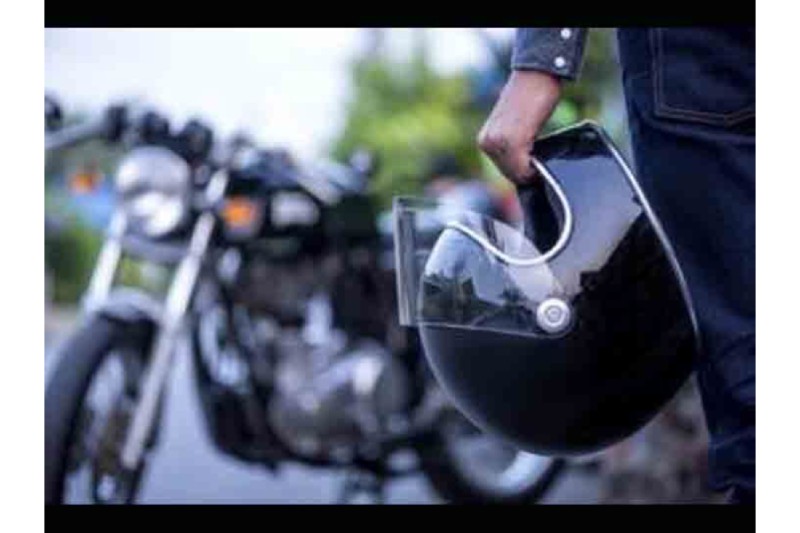Why Wearing a Helmet in August, Georgia is Important for Motorcycle Riders

Riding a motorcycle is an exciting experience that provides a sense of freedom; however, it also comes with risks. If you drive a motorcycle, you must understand the helmet law in Augusta, Georgia, and its effects on motorcycle accident claims. Lawbike Motorcycle Injury Lawyers are committed to helping accident victims navigate the complexities of motorcycle accident claims.
The Helmet Law in Georgia
The helmet law in the state of Georgia that motorcycle riders, no matter their age, should wear helmets that must meet DOT standards. This law improves the safety of riders and minimizes the seriousness of injuries when a crash takes place. Helmets reduce the risk of deadly brain trauma and head injuries. Under the law, helmets should be equipped with a solid retention system that keeps them fastened during a ride. Also, the helmets must come with a thick inner line that is made of material that effectively absorbs impact like polystyrene foam, and a strong outer shell that can protect a rider’s head against penetration.
Aside from wearing helmets, motorcycle riders should use eye protection if their rides do not have a windshield. Eye protection can include glasses made to protect the eyes from debris, insects, and wind, face shields, and goggles for improved safety.
What Happens If You Do Not Wear a Helmet?
The helmet law’s enforcement directly affects motorcycle claims in the state, especially when it comes to determining liability and the damages’ full extent.
- Determining liability. After a motorcycle accident, a rider’s adherence to the helmet law can affect their claim’s outcome. Insurers and courts take into account helmet use when they evaluate damages and liability. In Georgia, the parties involved can share fault for a crash. If a motorcycle rider does not wear a helmet when the crash takes place, the insurer may argue the injuries of the rider were made worse because they do not have protective gear. As a result, the rider’s compensation can be reduced based on the percentage of fault. A lack of a helmet can result in the insurer arguing the rider caused their injuries.
- Determining recoverable damages. If a motorcycle rider did not have protective gear when the crash took place, their possible compensation can be limited. An injured rider who did not wear a helmet may have problems recovering maximum compensation for their medical expenses, particularly if the other party proved that wearing a helmet would have made their injuries less serious. Sometimes, the at-fault party may not face punitive damages if the non-helmeted rider contributed to the seriousness of the injuries.
Not complying with the helmet laws in the state can impact the compensation award claimants may get for their medical expenses, pain and suffering, lost wages, and other damages.
The Dangers of Not Wearing a Helmet While Riding a Motorcycle
According to statistics, riding a motorcycle without a helmet heightens dangers and possible legal implications for riders. Helmets are made to absorb and dissipate the impact’s force, minimizing the risk of serious head injuries. Also, without a helmet, a survival crash can become a deadly one. Plus, driving a motorcycle without enough protective gear endangers the life of the rider and complicates their legal claim.
How an Attorney Can Help
Navigating the legal landscape after a motorcycle crash in Augusta can be daunting, particularly when dealing with serious injuries and insurance claims. An experienced attorney is committed to offering legal guidance to riders. Once they take on your case, they will thoroughly investigate the accident and collect evidence that can be used to build a strong case. They will help you file a claim with the insurance company of the at-fault party demanding a certain amount of compensation that covers all your losses.